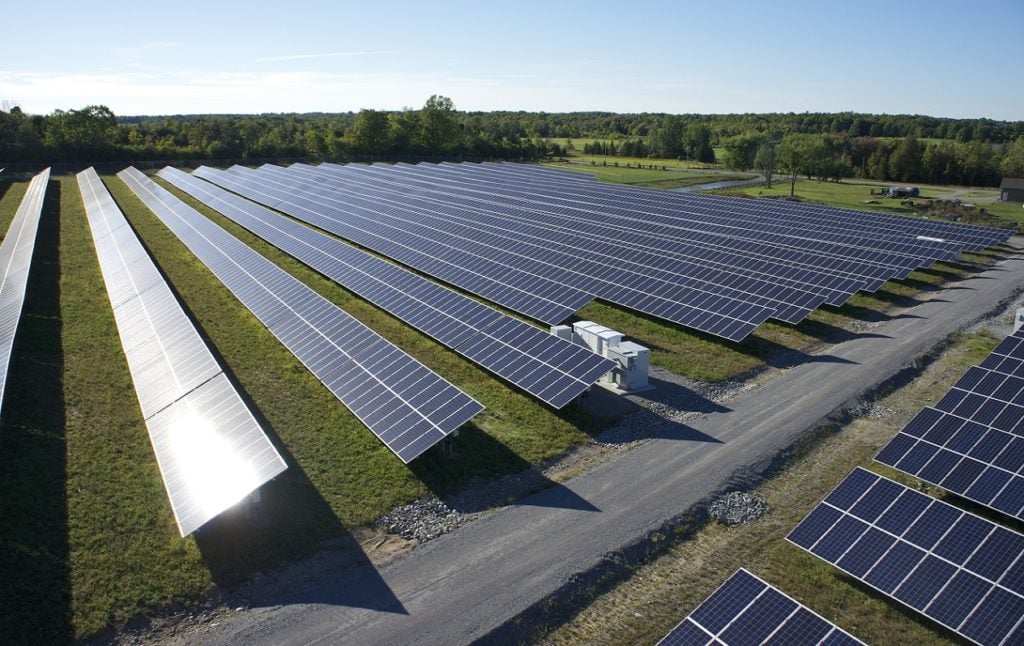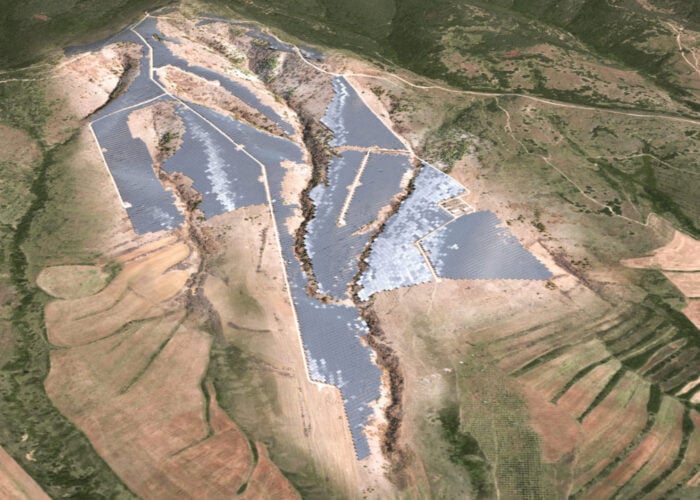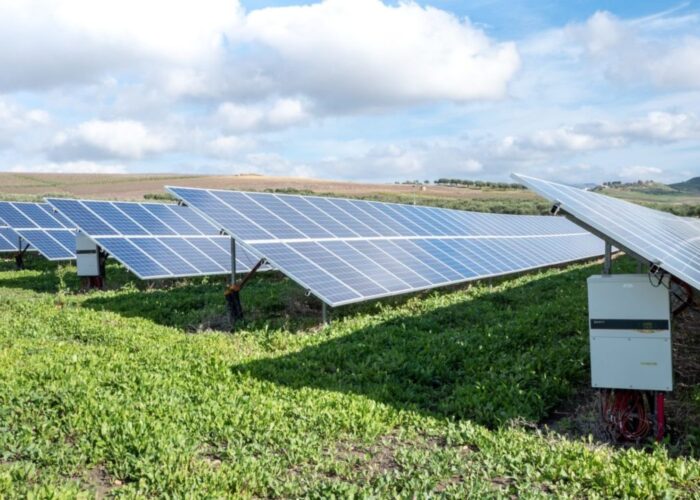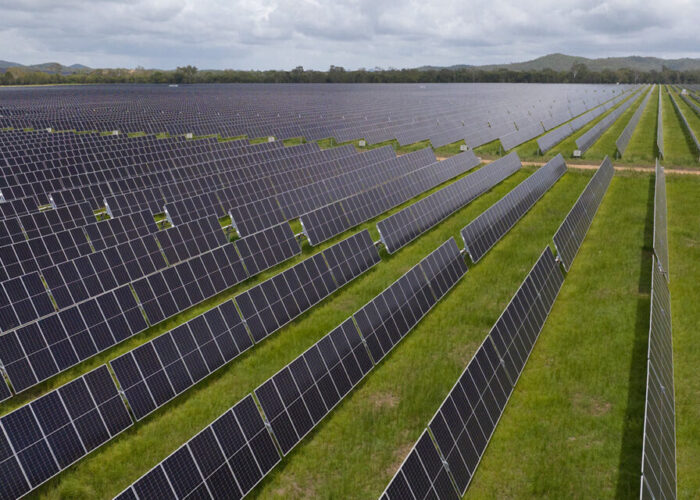
Amid all the buzz about the Inflation Reduction Act (IRA) at this year’s RE+ tradeshow in Anaheim, California, research firm Wood Mackenzie (WoodMac) has repeated warnings that module supply shortages are set to persist until the end of 2023.
Speaking with PV Tech at RE+, Sylvia Leyva Martinez, WoodMac’s senior research analyst for North American utility-scale solar, said that while there is a lot of excitement about the IRA, and rightly so, WoodMac’s expectation is that the benefits of the Act won’t be felt before 2024 as module constraints will dampen deployment levels.
Unlock unlimited access for 12 whole months of distinctive global analysis
Photovoltaics International is now included.
- Regular insight and analysis of the industry’s biggest developments
- In-depth interviews with the industry’s leading figures
- Unlimited digital access to the PV Tech Power journal catalogue
- Unlimited digital access to the Photovoltaics International journal catalogue
- Access to more than 1,000 technical papers
- Discounts on Solar Media’s portfolio of events, in-person and virtual
On top of this, uncertainty around the Uyghur Forced Labor Prevention Act (UFLPA) and other import restrictions will limit solar deployment through 2023 due to module availability constraints.
Earlier this month, WoodMac released a report in conjunction with Solar Energy Industries Association (SEIA) that explained how the UFLPA – which went into effect on 21 June 2022 – as well as the alleged circumvention of antidumping and countervailing duties (AD/CVD) have negatively impacted the solar industry this year.
Indeed, solar installations forecasts have dropped to 15.7GW for 2022, the lowest total since 2019, despite the waiving of solar tariffs from Southeast Asia for two years and the support contained within the IRA.
That waiver, however, will end in 2024 but Leyva Martinez said there was “enough time for developers to diversify and to create procurement agreements with suppliers”, adding there was the possibility of panic buying in the run up to that period, which would compound module availability further.
“As of right now we’re just waiting for the Department of Commerce to announce a preliminary determination”, Leyva Martinez said, as well as more clarity on the domestic content requirements needed to access adders under the IRA, which has been a hot topic at this year’s show.
Post-2024, Leyva Martinez and WoodMac are expecting huge deployment across the US so long as two areas are addressed in the interim: interconnection wait times and labour shortages.
Interconnection costs and delays have been a thorn in the side of developers for some time now and PV Tech have previously reported how cost certainty, reduced wait times and more flexible agreements with utilities are crucial to solving the US’ interconnections problems following a panel discussion at RE+.
When it comes to labour shortages, Leyva Martinez told PV Tech of anecdotal evidence of solar installers being understaffed, with employees attracted to higher paying jobs in a huge job market and the backdrop of inflationary pressures.
Nonetheless, steps are being taken to ensure a sizeable workforce is available in the future and the prevailing wage and apprenticeship requirements in the IRA should facilitate greater training and upskilling of solar workers.






